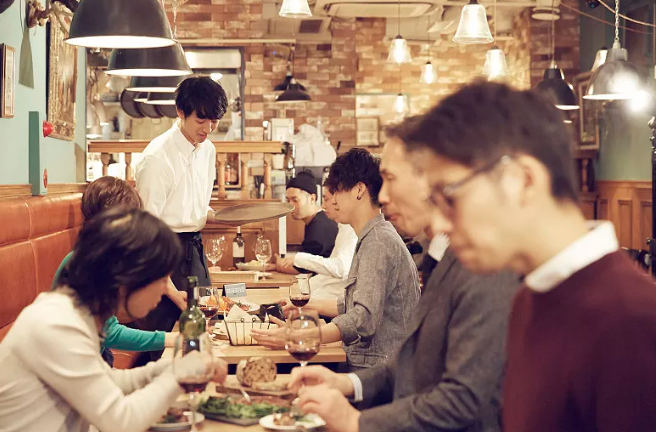Current location:Home>About>News>Company News
Source:本站
Date2023-10-16
Can someone who can't cook open a restaurant?
A young man born in the 90s, Wu Wanzhang, who started a business in Shenzhen, has proven that it's possible. Despite not knowing how to cook and not hiring chefs, he opened a 24-hour restaurant which allegedly generates a weekly revenue of 100,000 yuan.
So, how did he do it?
01.
Code to Restaurant Wealth
- Cooking Robots
Wu's restaurant is located in Xinzhou Village in Shenzhen, where 80% of merchants are engaged in the restaurant industry. As of the end of 2021, the online users in Xinzhou Village have reached 606, making the competition very fierce.
Wu said in an interview: "The volume of takeaway food orders here is very large. Relying on chefs to cook dishes manually would result in high labor costs. Therefore, I decided to use cooking robots to replace human labor. Our robots can cook nine dishes simultaneously and produce 200 dishes per hour, working non-stop for 24 hours."
"Our comprehensive daily revenue can exceed 10 thousand yuan, and our weekly income is around 80,000 to 100,000 yuan."
Since using cooking robots, not only has the speed of food preparation increased, but it also meets the restaurant's daily needs in terms of dish stability, while also saving labor costs and reducing the size of the back kitchen.

This restaurant has been rated as a "model business" on platforms like Meituan and Ele.me, primarily due to its high food delivery efficiency.
It is evident that using robots for cooking has become a new entrepreneurial model, not only favored by small businesses but also leading to the emergence of startup companies owned by major commercial giants such as Country Garden, Alibaba, JD.com, and Haidilao.
According to the "2021 China Chain Catering Industry Report":
In 2020, the scale of the Chinese catering market was 4 trillion yuan, and it is expected to reach 4.7 trillion yuan in 2021, and 6.6 trillion yuan by 2024. With a large number of domestic catering establishments, considering 10 million catering businesses domestically and 2 million applicable restaurants overseas, it is expected that the market space for cooking robots will exceed hundreds of billions of yuan.
It seems that the future blueprint for cooking robots is beginning to emerge.
02.
The Battle Between Humans and Machines in Terms of Emotions
The Chinese people have an inherent longing for food, with a tradition of persistence when it comes to culinary delights.
Even in the fast-paced "involution era," it is often a bowl of rice noodles from hometown or a homemade dumpling meal prepared by family members that can make people pause their steps.
The delicate emotions and subtle flavors associated with these experiences are something that robots find difficult to attain.

"I don't believe robots can replace the skills of a chef."
"Robots cooking lack soul."
"The menu cannot be changed according to people's needs."
These voices of opposition and skepticism towards cooking robots reflect the emotional and positional battle between humans and machines: the technology is advanced, but our emotions do not agree.
This kind of technological progress is different from inventions such as refrigerators that keep ingredients fresh and antibacterial. It seems as though admitting that robot-cooked food tastes better than human-cooked food is a kind of "betrayal".

David Weinberge, an expert in machine learning at Harvard University, offers an answer:
"From the time of the ancient Hebrews, we thought we were unique creatures created by God, and we put ourselves on a pedestal and worshipped."
However, believing that humans are incapable of creating something beyond themselves is not just arrogance but also a form of self-deprecation.

There exists a necessary dialectical(Note: Complement and contrast each other) relationship between humans and technology, meaning that whenever we evaluate the impact of a certain technology, there will be some people who praise it and others who criticize it.
Although it is still too early to draw conclusions about cooking robots, one thing is undeniable: whether cold robots can guide us towards a more emotionally fulfilling dining experience is the key to breaking down people's emotional resistance.
Perhaps we can imagine that in several years, if cooking robots still exist in the industry, there will certainly be an ecosystem of cooking robots that possess "taste, aroma, and flavor."
From meal kits to automated cooking devices in central kitchens, and now to cooking robots, technology often does not predict the future but creates more possibilities that contribute to the prosperity of our current lives.